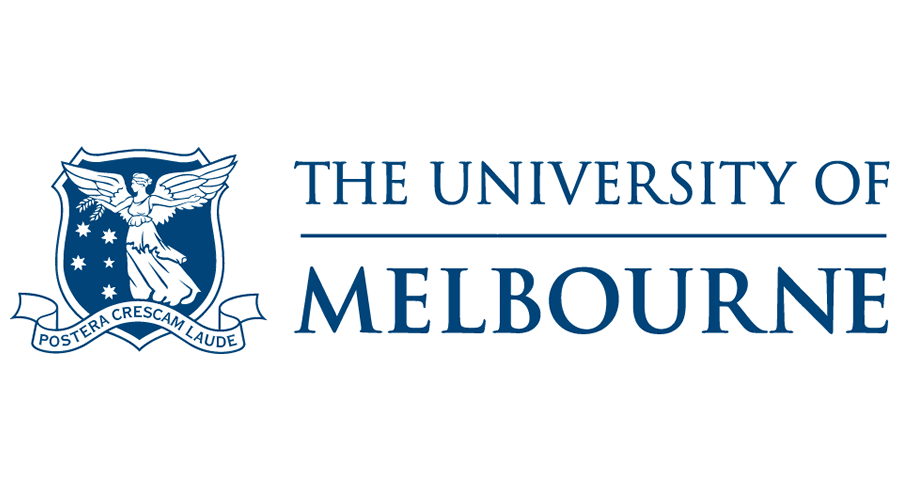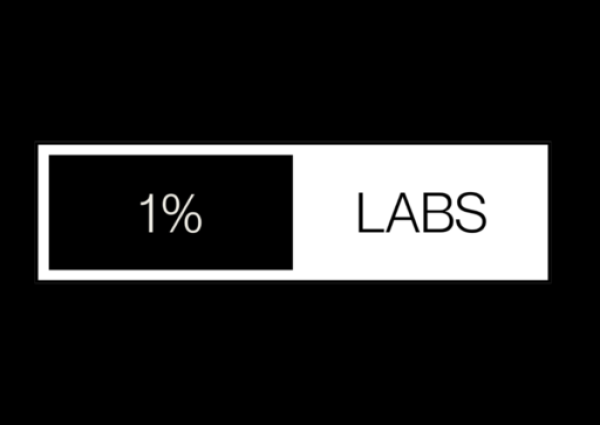Student Offer (Limited Time)
$79.95 AUD
✅ Lifetime Access
✅ All Future Updates
✅ First Access to Community
Get in now and be part of the NeuroStudyLabs 1% — the students who decided to stop winging it and start winning with strategy.
Ever sit down to study and feel… nothing? No motivation, no drive, just boredom?
That’s because your brain runs on dopamine — the neurotransmitter that fuels focus, motivation, and reward. Without it, even opening your textbook feels impossible.
The good news: you can boost dopamine naturally while studying — if you understand how it works.
Here’s how to tap into your brain’s reward system and actually make studying more enjoyable.
- Big tasks (like “study all of biology”) feel overwhelming and kill dopamine.
- Dopamine spikes when your brain gets frequent rewards.
- Break tasks into small, clear goals (“review Chapter 2 diagrams”).
Each completed task = a dopamine hit.
- Pair study blocks with something enjoyable afterwards.
- Example: “Finish 40 minutes of active recall, then 10 minutes on TikTok.”
- Over time, your brain starts linking studying itself with rewards.
- Turn progress into a game. Use apps or planners to track streaks, levels, or points.
- Even simple checklists can trick your brain into releasing dopamine when you tick something off.
- Studying the same way every day leads to boredom.
- Switch between active recall, flashcards, practice problems, and teaching.
- Novelty keeps dopamine firing and prevents mental fatigue.
- Research shows upbeat music can trigger dopamine release.
- Use it during light tasks (like summarising notes).
- For deep work, try instrumental or lo-fi beats to keep focus without distraction.
- Exercise is one of the most powerful dopamine boosters.
- A short walk, stretch, or 10 push-ups before a session primes your brain for focus.
- Even 5 minutes of movement between study blocks keeps energy high.
- Dopamine isn’t only about the finish line — it’s about recognising small wins along the way.
- Journal what you achieved at the end of each session.
- Seeing progress creates a positive feedback loop: study → reward → more study.
1. Set a clear, small goal for each session.
2. Work in a 40–50 min block.
3. Take a short break with a reward (walk, snack, music, quick scroll).
4. Switch methods to keep novelty.
5. Track your streaks or wins.
This keeps dopamine flowing and studying less like a chore, more like momentum.
Most students burn out because they fight their brain chemistry instead of working with it.

1. Can you get addicted to dopamine from studying?
Not really — dopamine from learning is healthy. Unlike social media dopamine spikes, studying creates long-term, balanced motivation.
2. What foods help dopamine for studying?
Foods rich in tyrosine (like eggs, nuts, and beans) support dopamine production. Staying hydrated also helps.
3. How do I study if I have low motivation?
Start tiny — even 5 minutes. Small wins build dopamine momentum, which makes it easier to keep going.




✅ Lifetime Access
✅ All Future Updates
✅ First Access to Community
Get in now and be part of the NeuroStudyLabs 1% — the students who decided to stop winging it and start winning with strategy.
NeuroStudyLabs is a neuroscience-backed study skills program designed for high school and university students. It teaches you how to learn smarter, stay focused, retain more, and perform better — using proven techniques from cognitive science and psychology.
Students who want to study smarter, not harder — especially:
Year 10–12 students preparing for exams
University students juggling heavy workloads
Burnt-out students who’ve tried everything
High achievers looking to stay ahead
Whether you’re struggling to stay focused or aiming for top scores, this course gives you the tools to get there.
No — this isn’t about generic advice.
NeuroStudy Labs is a complete system based on how your brain actually works. You’ll learn how to apply techniques like:
Active recall
Spaced repetition
Deep work focus
Learning identity & mindset building
And you’ll get planning tools, templates, and weekly systems to make it stick.
You get lifetime access to:
7 detailed, video-based modules
50+ lessons with engaging transcripts & visuals
NeuroStudy Planner
Reflection prompts, mini-exercises, and toolkits
An entire brain-based study system you can follow forever
The full course is designed to be completed slowsly over 2-4 weeks, but it’s self-paced — you can move faster or slower depending on your schedule. Many students start seeing results within the first week of applying the system.
It’s grounded in neuroscience, not guesswork.
This is not about cramming more in — it’s about changing how you study, how you think, and how you feel about learning. It’s transformation, not just information.
Yes. If you complete the course and don’t see any improvement in your focus, motivation, or results, we’ll give you a full refund within 30 days — no stress, no pressure.
Perfect — NeuroStudy Labs helps high achievers unlock even more potential. You’ll learn how to study more efficiently, reduce stress, and gain a competitive edge that lasts through university and beyond.
